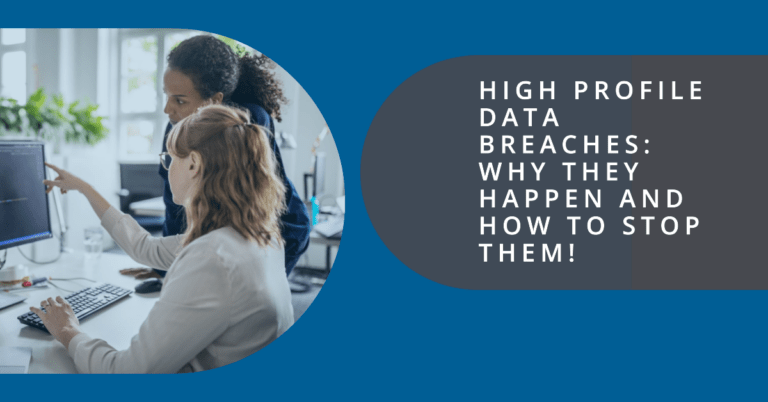
“Can you send out one of your newsletters explaining this situation and how it happens to a huge company like Colonial, and what your security is doing to prevent this type of situation?”
“You’ve got to get the culture change at the top where the board is getting updated on their cybersecurity posture as often as production and revenues and EBITDA,” he said.
We are asked sometimes “If these big companies and the Tax Services of Canada are hacked how can JEI Tech stop it happening?”
First and foremost, it is not currently public knowledge how the hackers accessed the systems at Colonial Pipelines (that may never be released). What we can say is they were most likely targeted with phishing e-mails, and this is the most common method of accessing networks.
We recommend best practices which many of our clients are following. These are also Canadian and Albertan legislated requirements.
JEI Tech commonly used best practices:
JEI Tech has deployed the below less commonly used security practices on our own network. All of which we are now going to be recommending to clients.
Can you survive days or even hours without computers, or e-mail, or internet and stand to possibly lose all your data? What will the effect on your business be? What happens if all of these were affected not just one?
The biggest and most common reason for a breach is not the lack of security, but rather it is the people behind our desks. Not because of carelessness but due to the overload of e-mail, lack of training and the access to open internet. These are all factors you can address.
In the MSP community we have found the average cost of being secure is a minimum of $ 75-200 per computer/user.
Take Our Cyber Security Quiz
How does your cyber security posture stack up? Take our short quiz to see!
Providing IT Support, Consulting, Service and partnership in: High River, The Foothills, Nanton, Okotoks, Calgary, Grand Prairie, Fort Macleod, Lethbridge & Southern Alberta
Copyright 2017 – 2024 Jolee Electronics Inc. t/a JEI Tech| Beautifully Crafted by Freshly Pressed | All Rights Reserved | Terms & Conditions | Privacy Policy